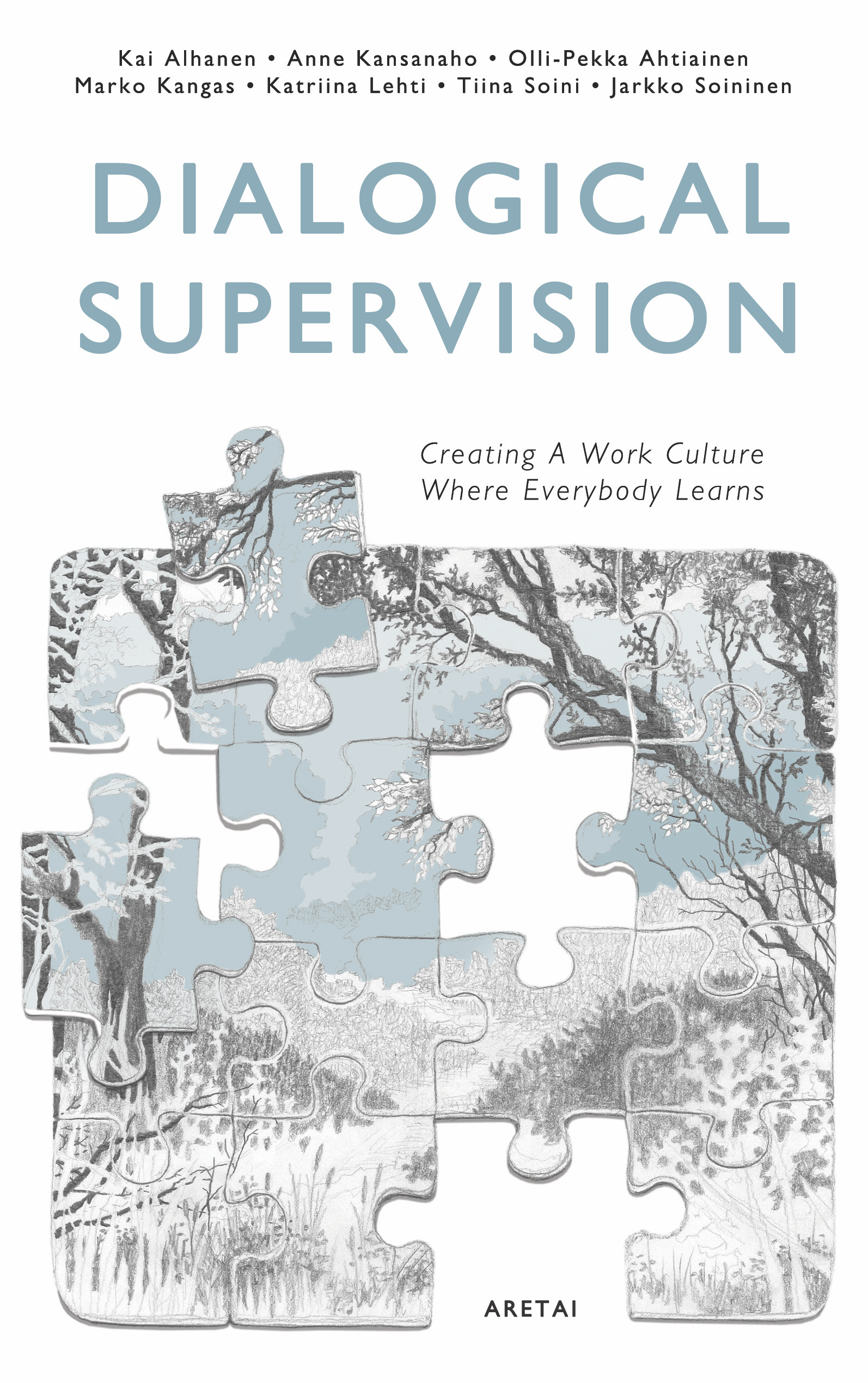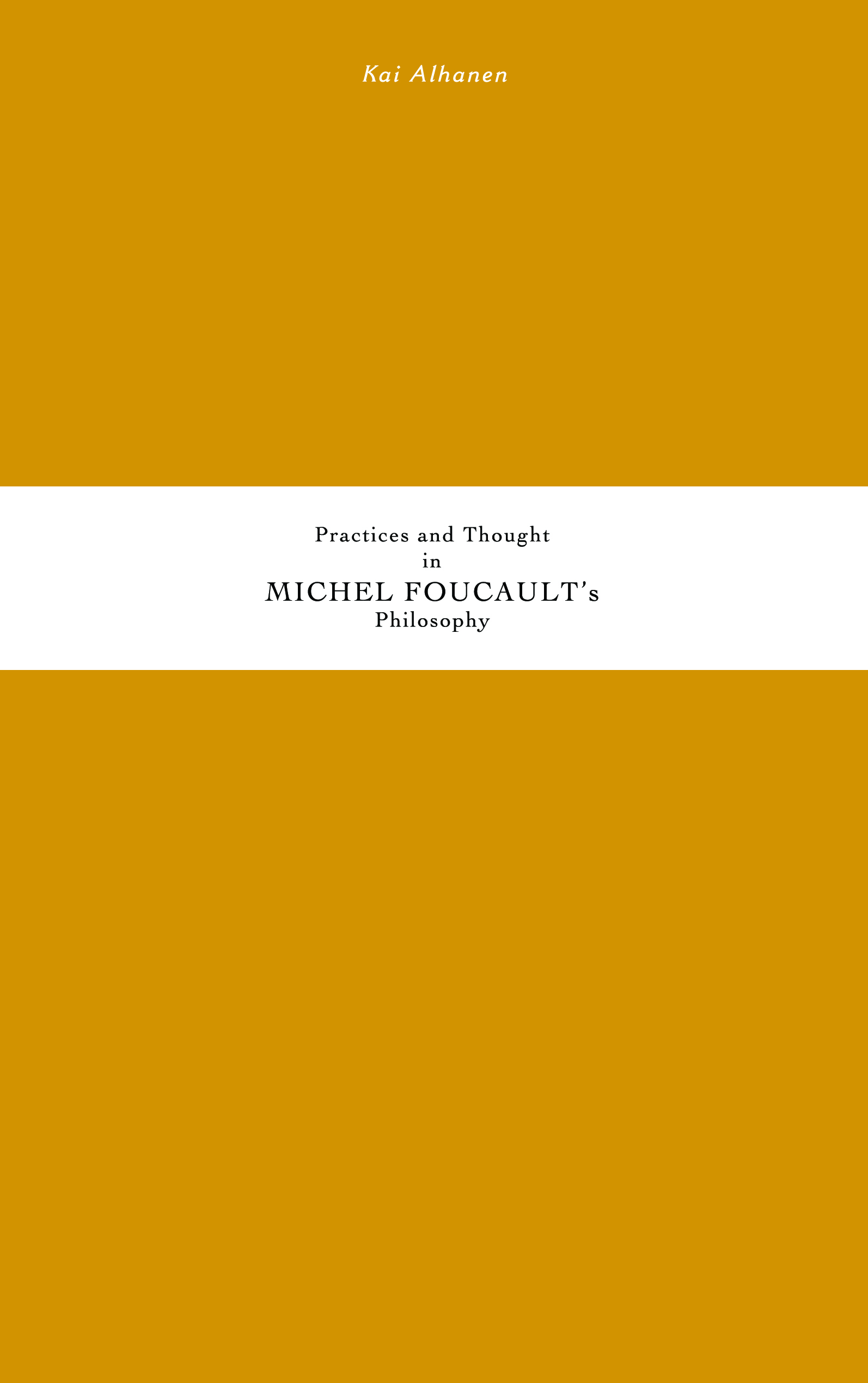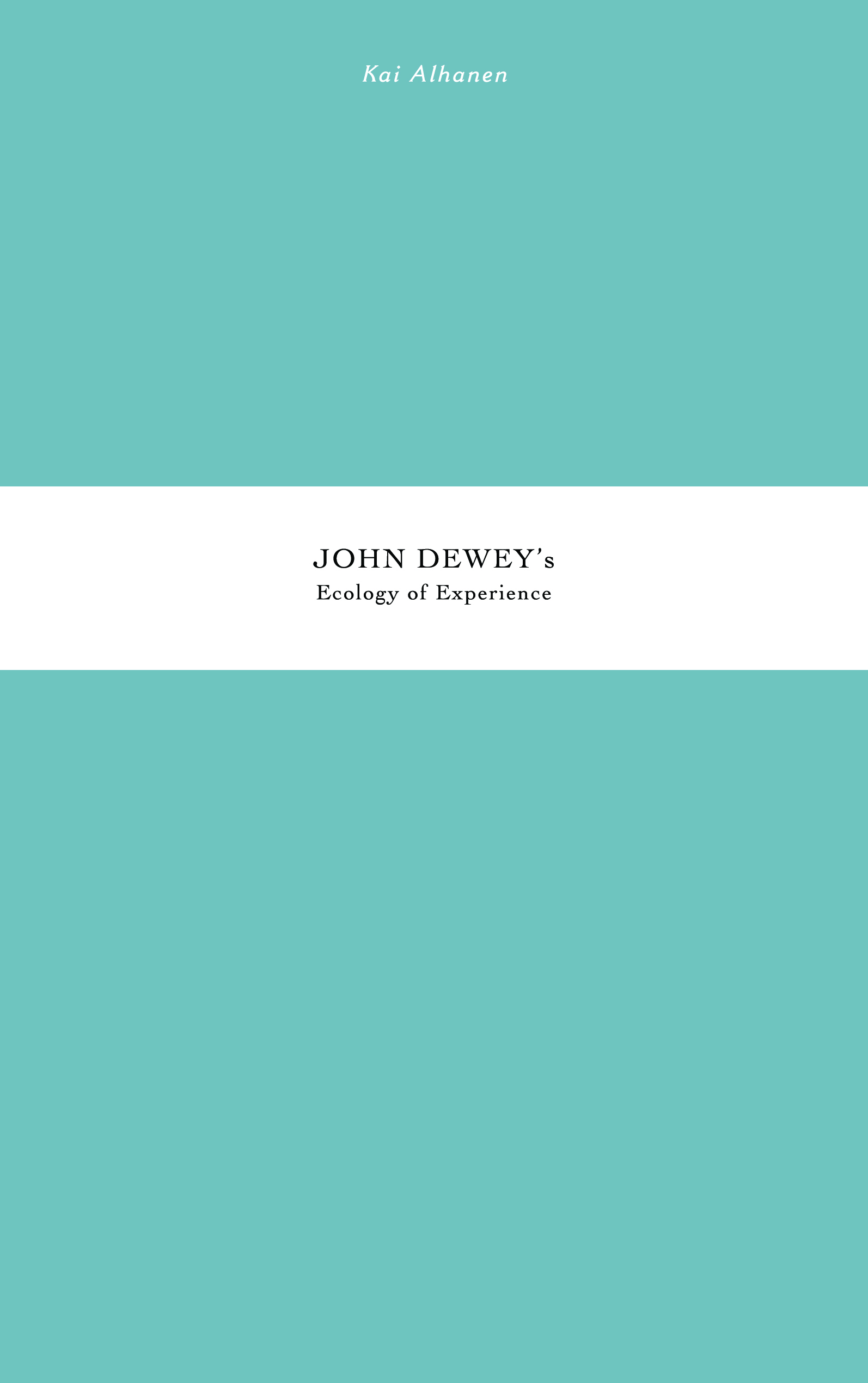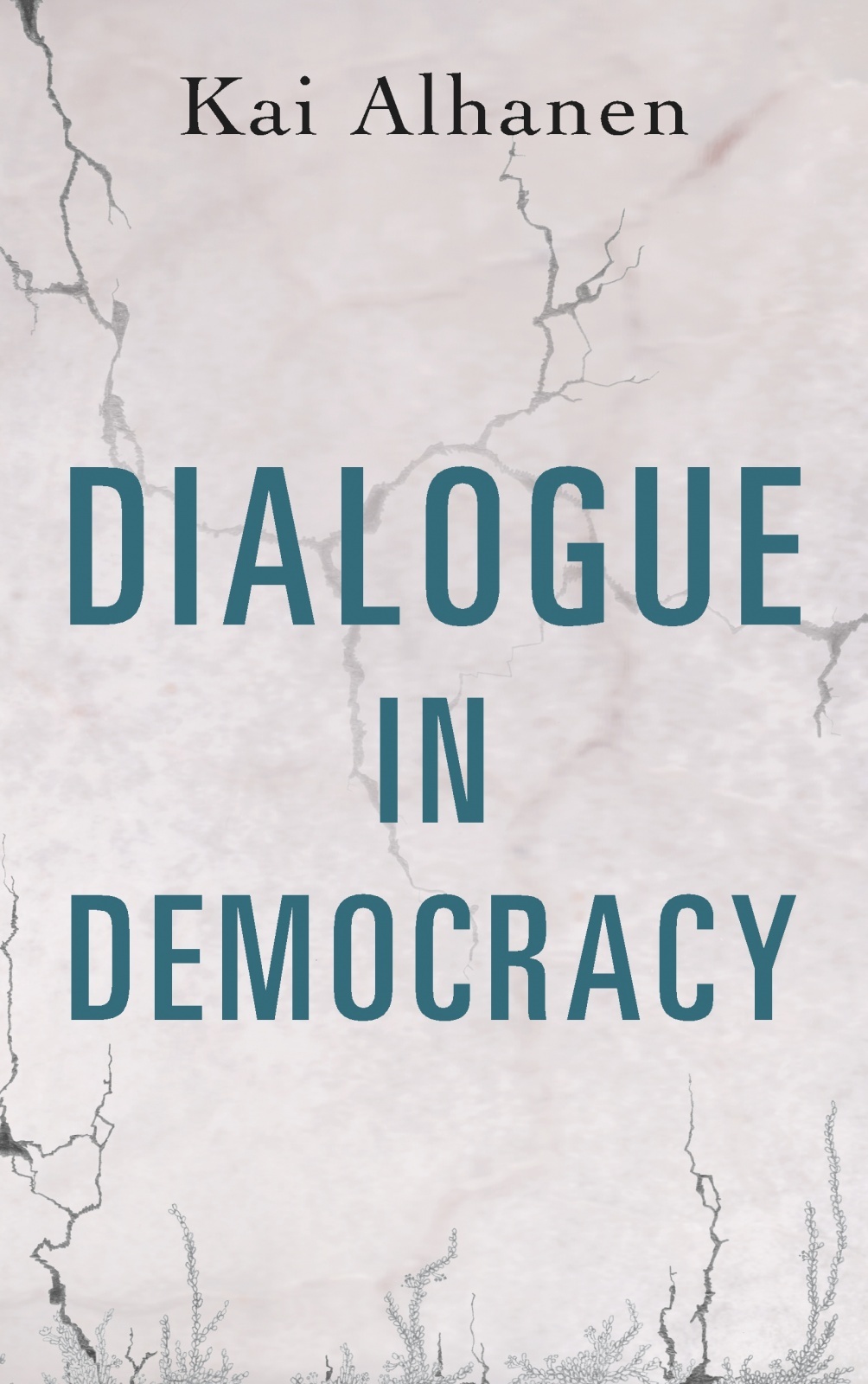Dialogical Supervision – Creating A Work Culture Where Everybody Learns is a guide to professional supervision in various fields of expertise. It is written especially for professional supervisors and students of supervision, and yet it also provides insights and tools for those team leaders and managers who act as “everyday supervisors” for their employees. The work is composed as a practical handbook which offers a coherent theoretical description and practical implementation of a new kind of professional supervision.
The book addresses the fundamentals of supervision: learning, reflection and dialogical interaction. It then presents guidelines for practical implementation, diverse orientations, and methods of supervision. The work also includes sections dealing with various types of supervision relationships: individual, community, group and managerial supervision. The different chapters of the book also contain several practical methods which together form a “toolbox for supervisors”.
The basic premise of the book is to emphasise the importance of dialogue in creating a fundamentally different work culture to that which predominates. In celebrating economic growth, ruthless competition and individual achievement, this culture has led to an increasing fragmentation of people’s experiences and the loss of their sense of agency. At the same time, we need to solve extremely complex problems that require unprecedented creativity. In order to deal successfully with the challenges of modern work, we need to utilise the skills and knowledge of every single employee. This book offers clear methods for this to be realised.
Read the sample “Dialogical interaction” DS_Sample.



